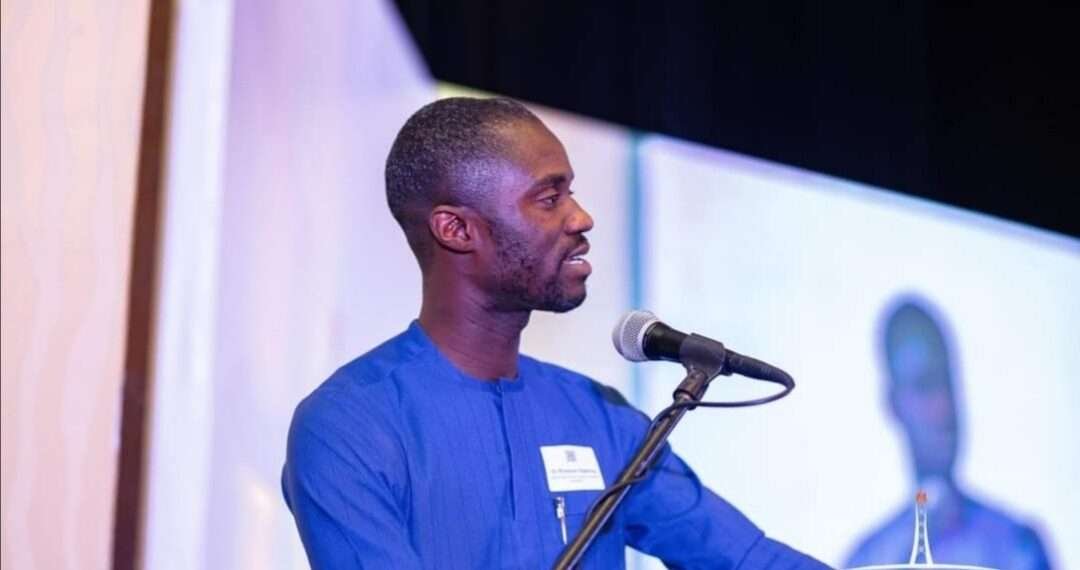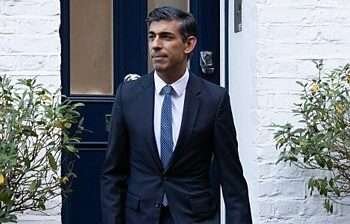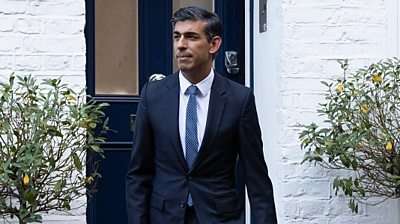The Chief Executive Officer of the Association of Oil Marketing Companies (AOMCs), Dr. Riverson Oppong, has voiced strong opposition to the newly introduced GH¢1 fuel levy, warning that it could drive fuel prices higher and place undue pressure on both consumers and businesses within Ghana’s downstream petroleum sector.
Dr. Oppong, addressing the media on Tuesday, criticised the government’s approach, describing the levy as both economically unsustainable and poorly coordinated.
“This GH¢1 levy was slapped on the industry without proper consultation. Where are we headed with this?
“How sustainable is it, and how can it be justified economically?”
Dr. Riverson Oppong, CEO of AOMCs
The warning follows Parliament’s approval of the Energy Sector Levy (Amendment) Bill, 2025, which introduces a GH¢1 charge on every litre of petroleum products sold in Ghana.
The bill, passed late on Monday, June 3, is intended to raise funds to reduce Ghana’s ballooning energy sector debt, which currently stands at an estimated US$3.1 billion.
In a candid critique, Dr. Oppong lamented the lack of engagement with industry players before the implementation of the levy.

He recalled that the Energy Sector Levy Act (ESLA), which was introduced to fund energy debt repayments, involved widespread consultations across the sector.
“There was proper stakeholder engagement before ESLA was introduced and adopted industry-wide.
“But this time, we’ve had no such dialogue, yet another financial burden has been added.”
Dr. Riverson Oppong, CEO of AOMCs
According to Dr. Oppong, this approach risks undermining the viability of oil marketing companies (OMCs), many of whom are already grappling with razor-thin margins due to intense market competition and volatile global fuel prices.
“My members at the oil marketing companies are seeing their margins steadily shrink, just to keep their operations viable, yet no one is addressing this issue.”
Dr. Riverson Oppong, CEO of AOMCs
Rising Prices, Shrinking Margins

The AOMCs CEO pointed out that the downstream sector is already overburdened with numerous levies, including the ESLA, and questioned why it is being asked to shoulder further costs, especially when the public is also paying for fuel used in electricity generation.
“Why must the downstream sector always shoulder the cost when ordinary Ghanaians are also paying for fuel used in electricity generation?”
Dr. Riverson Oppong, CEO of AOMCs
Dr. Oppong also offered a broader perspective on recent fuel price fluctuations, cautioning against attributing price drops solely to exchange rate stability.
“Let’s approach this holistically by fully understanding its impact.
“When fuel prices began to fall, it wasn’t because the cedi gained stability; rather, it was due to a drop in plant prices caused by the decline in WTI crude oil prices. Only after that did the cedi stabilise and support the downward trend.”
Dr. Riverson Oppong, CEO of AOMCs
With crude prices on the rise again, Dr. Oppong warned that the newly imposed GH¢1 levy could accelerate fuel price hikes, exacerbating cost-of-living pressures already being felt by Ghanaians.
Call for Rethinking Policy

Dr. Oppong advised the government to reconsider the new levy, proposing that alternative strategies be explored to address the energy sector debt without further overburdening fuel consumers.
“There are numerous challenges in the downstream sector that I expected the government and other stakeholders to be discussing.
“Instead, what we are hearing is about a one cedi levy being imposed without proper engagement with stakeholders.”
Dr. Riverson Oppong, CEO of AOMCs
He urged policymakers to be more collaborative and transparent in addressing the financial challenges facing the energy sector, noting that short-term fixes could lead to long-term consequences for market stability and economic growth.
As fuel remains a critical input in transportation and commerce, any price shift has cascading effects across the economy.
With the Energy Sector Levy (Amendment) Bill now passed, attention will turn to its impact in the coming pricing windows.
READ ALSO: GoldBod Pledges Full Traceability of Gold to Curb Illegally Mined Gold




















